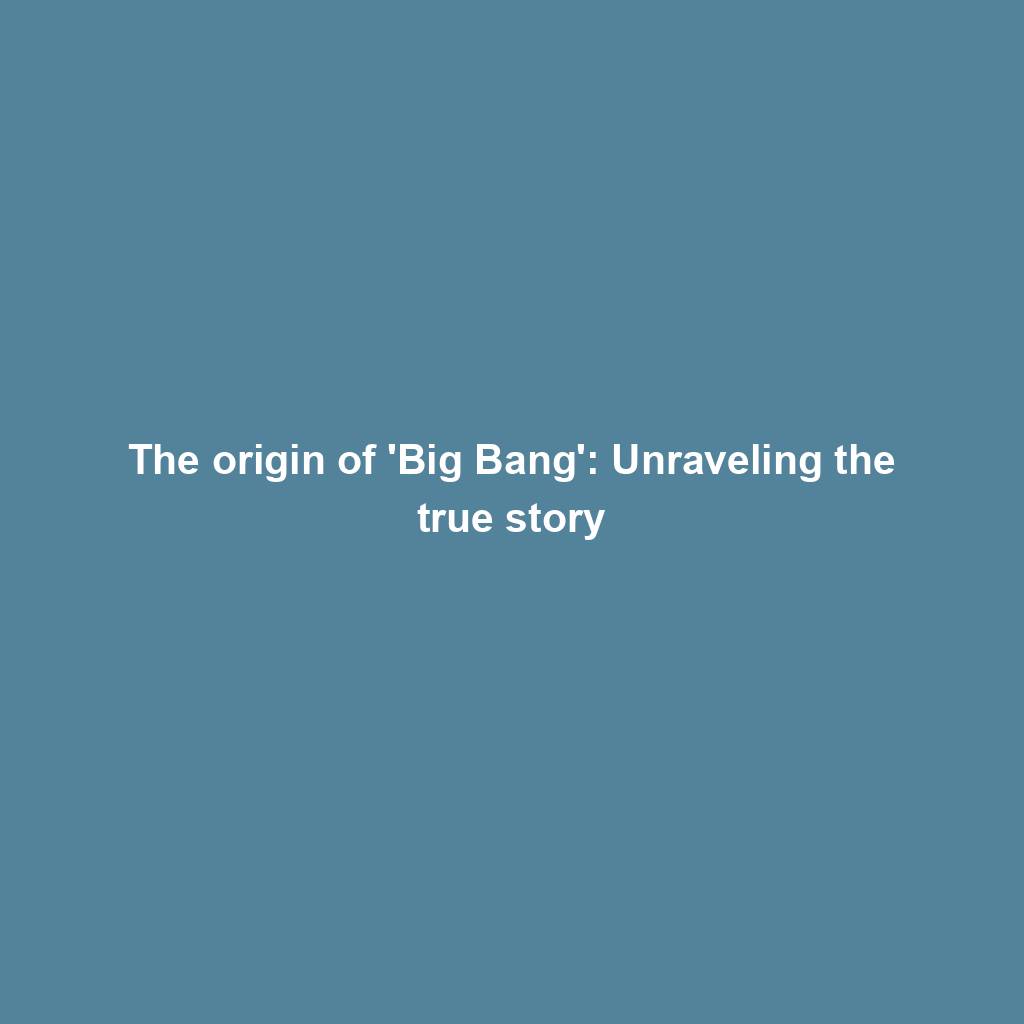NEW DELHI: The phrase “Big Bang,” coined by British physicist and astronomer Fred Hoyle throughout a 1950 radio broadcast, encapsulates the universe’s explosive inception. Initially, Hoyle, a skeptic of the speculation, by no means supposed the time period as an endorsement however as a figurative expression to assist public understanding. Regardless of its colloquial beginnings and Hoyle’s personal resistance to the idea it represented, “Big Bang” has transitioned from being perceived as a mocking moniker to turning into the cornerstone terminology of recent cosmology.In line with a Nature report, the misconceptions surrounding the time period’s origin and preliminary acceptance amongst scientists underscore the complicated relationship between scientific discoveries and the language used to explain them. Whereas Hoyle aimed to discredit the nascent universe mannequin, advocating as a substitute for a steady-state principle, the irony lies in his unintentional immortalization of the opposing view. For many years, the scientific group largely ignored the “Big Bang” label, viewing it as too simplistic or casual for the profound processes it described.The time period initially served to juxtapose the steady-state principle with the extra dynamic, but contentious, concept of a universe bursting into existence from a singular level. This cosmic nomenclature, whereas dismissed by some, supplied a stark visualization of a universe rising from an intense and singular occasion, difficult the prevailing considered a timeless, unchanging cosmos, the Nature report mentioned.The reluctance of the scientific group to undertake the time period and its eventual acceptance illustrate the evolution of cosmological theories from fringe to foundational. The pivotal discovery of the cosmic microwave background radiation by Penzias and Wilson supplied empirical help, reworking the Massive Bang from a theoretical outlier into the prevailing rationalization of the universe’s origins. This transition underscores the fluidity of scientific understanding and the function of empirical proof in shaping scientific discourse.The “Big Bang” principle’s ascendance to scientific prominence is a testomony to the facility of empirical proof and the altering tides of scientific consensus. Regardless of Fred Hoyle’s preliminary disdain and the time period’s humble origins, subsequent discoveries and developments in cosmology have solidified the Massive Bang principle’s place within the annals of scientific historical past. The time period itself has transcended its authentic context, turning into a cultural touchstone and an emblem of our evolving comprehension of the cosmos.Because the Massive Bang principle moved from the fringes to the forefront of cosmological analysis, the time period gained traction throughout languages and disciplines, embodying the common quest to know our origins. This linguistic journey from derision to doctrine highlights not solely the evolution of cosmic understanding but additionally the methods by which language shapes our notion of actuality. The Massive Bang serves as a primary instance of how scientific terminology, rooted in metaphor and creativeness, can finally outline our understanding of the universe.
#origin #Massive #Bang #Unraveling #true #story
For more information, check out these articles:
